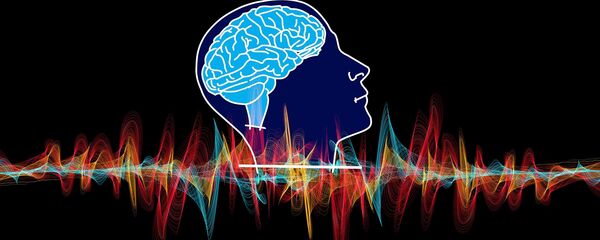Don't you hate getting interrupted by an email when you're trying to work? Well, one study published in the January edition of the Journal of Applied Psychology suggests we waste as much as 90 minutes a day trying to get back on track after stopping to answer an email. Further, we don't feel nearly as good about our progress on "core job duties" when we answer more emails.
"In an experience sampling study of 48 managers across 10 consecutive workdays, our results illustrate that email demands are associated with a lack of perceived goal progress, to which leaders respond by reducing their initiating structure and transformational behaviors," the study's abstract says.
"The relation of e-mail demands with leader goal progress was strongest when email was perceived as less central to performing one's job, and the relations of low goal progress with leadership behaviors were strongest for leaders low in trait self-control," the authors noted.
"Like most tools, email is useful, but it can become disruptive and even damaging if used excessively or inappropriately," Russell Johnson, an associate professor in the Department of Management at MSU's Broad College of Business and the lead researcher for the study, wrote about the research last September.
"When managers are the ones trying to recover from email interruptions, they fail to meet their goals, they neglect manager-responsibilities and their subordinates don't have the leadership behavior they need to thrive."
"Interestingly, we found that managers scaled back ‘leader behaviors' more so than initiating ‘structure behaviors,'" Johnson said. "The former behaviors relate to motivating and inspiring subordinates, talking optimistically about the future or explaining why work tasks are important; the latter are more concrete and task-focused, such as setting work goals, assigning duties or providing feedback."
So if your boss asks why you haven't replied to his email yet, just tell him you're trying to be happy and productive! After all, it's science.



